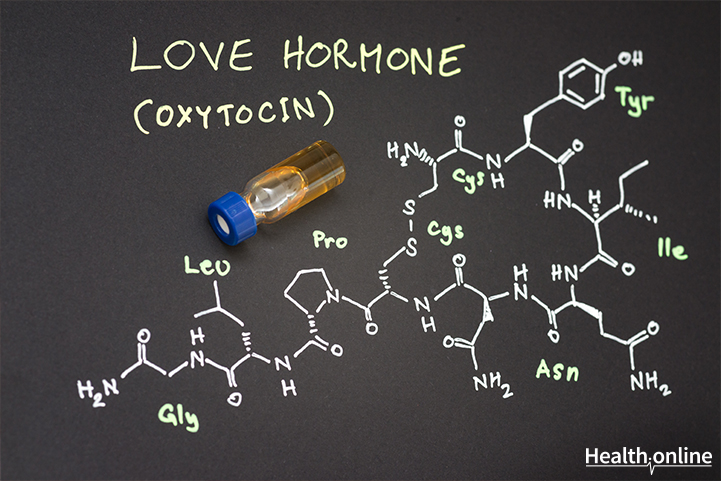
Oxytocin: The Hormone of Love and Birth
Love has always captured the hearts of artists and poets. It has recently attracted the attention of researchers as well. Oxytocin is called the “hormone of love,” and it plays a very important role in sexual bonding, giving birth , breastfeeding and in establishing a connection between a mother and her newborn.
The Oxytocin Hormone
Oxytocin is a hormone and a neurotransmitter that’s best known for its wonderful role in the process of childbirth and breastfeeding . This hormone is produced in the hypothalamus and is transported and released by the pituitary gland. When the hormone is released, it produces a feeling of love and satisfaction. Oxytocin is the key hormone that’s released during an orgasm. It also plays a major role in the reproductive systems of both males and females. It’s important to understand the oxytocin hormone, as this will help you take better care of your health, and also gain a deeper understanding of the way your body functions.
Recommended Read: 7 Delivery Day Decisions You Need to Be Prepared to Make
The function of Oxytocin and the role it plays during childbirth and pregnancy
The proper functioning of Oxytocin is important for your body, especially if you are a woman. During childbirth, it connects with the female reproductive system, helping mothers with childbirth and lactation. Oxytocin is released into the bloodstream when the nerve cells are excited. This causes the uterus to contract and results in labor contractions. It also contributes to the tightening of the uterus after the baby is born. When more oxytocin hormone is released into the body, a mother in labor goes through frequent and stronger contractions. Once a baby is born, oxytocin also helps with lactation, by moving milk into the mother’s breasts. Every time a baby suckles, there is secretion of oxytocin, which causes milk to release in the mother’s breast. Have you ever heard about Induced labor? Well Pitocin, a synthetic oxytocin, is sometimes given to a woman to start contractions or to make the contractions stronger. In the same way, Pitocin can be given as an injection to stop postpartum hemorrhage in mothers. Also referred to as a “wonder drug,” it can bring about positive feelings in an individual and also fight problems like depression and post-traumatic stress disorder (PTSD). However, these studies have shown very little evidence that oxytocin is an effective treatment for mental illness and psychiatric problems.
Recommended Read: Causes of Anxiety Disorders
Oxytocin in men
As compared to women, oxytocin in men doesn’t seem that significant. Men produce lower levels of oxytocin than women. However, it has effects on the production of testosterone and also in the movement of sperms. It has been linked to important functions, such as sexual arousal, trust, and bonding. Studies conducted on men with multiple relationships have shown that the oxytocin hormone may help men with being more faithful, by building greater interest in their partner’s attractiveness.
Oxytocin nasal spray
Oxytocin is given to a person either as an injection or a nasal spray. Studies have also shown that oxytocin nasal spray may help boost social skills in children with autism. However, in order to confirm effective treatments for autism, more extensive studies are required. Nasal sprays are also widely used in medical studies of psychiatric conditions. Nasal sprays tend to be a better option, as it helps oxytocin travel easily from the bloodstream to the brain as compared to injections. If you’re someone who is currently in a situation where you’re unable to produce enough of oxytocin, then there are some good alternatives that can help you with your anxiety and stress.
Keep yourself updated with the latest on Family Planning & Pregnancy . Like us on Facebook and follow us on Twitter for more on Health , Parenting and Diet & Nutrition . Also, check out our Health Tools and try out our health-related Quizzes .




